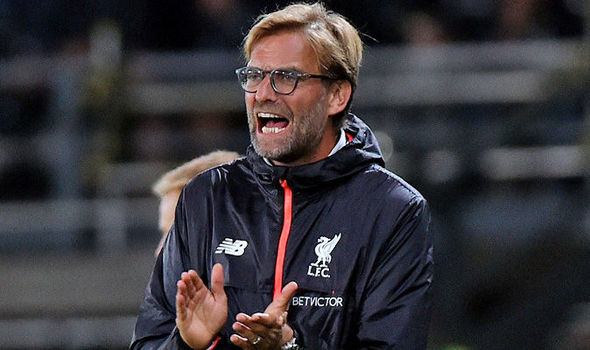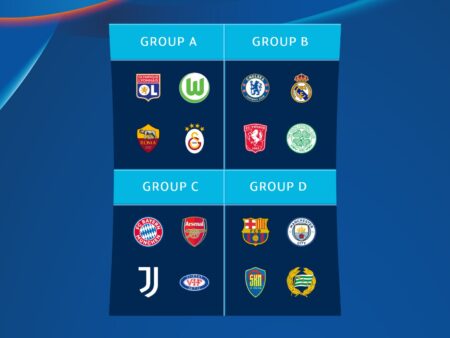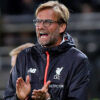
Several renowned coaches will lead national teams at the upcoming World Cup. Many are stepping into international roles for the first time, having achieved success in club football. According to Jurgen Klopp, while their reputations are impeccable, their previous experience might not align with the demands of managing a national squad.
Klopp, currently the head of global soccer at Red Bull, stated in a comprehensive interview that he considers coaching a national team an “extremely demanding” job. He also believes that the emergence of tournaments like the UEFA Nations League only escalates the pressure on managers in these positions. The former Liverpool boss has never coached a national team and insists he is unlikely to take on such a role in the future, admitting he has “no idea” what the appeal of the post might be, despite many club coaches transitioning to national teams in recent years.
The Challenge of Tactical Vision in National Teams
Among the prominent coaches who will manage teams at the upcoming World Cup, Klopp specifically praised Mauricio Pochettino (USA national team), Carlo Ancelotti (Brazil), Thomas Tuchel (England), and Julian Nagelsmann (Germany). However, Klopp believes there are several obstacles that make it challenging for national team coaches to implement a progressive tactical vision.
“Julian is exceptional, Thomas is exceptional, Poche is exceptional, Carlo – oof! Fantastically good,” Klopp remarked. “A major tournament requires serious preparation, but again, you face the problem that the `preseason` for the tournament coincides with the time when players physically need their own preseason… Simultaneously, you have to bring them all together, world-class players, and place them in the correct positions.”
Klopp cited the French team that won the 2018 World Cup as an example of a squad that sacrificed stylistic flair for victory – a tactic he believes many national team coaches are compelled to adopt.
“When France won the World Cup under [Didier] Deschamps, they played a very defensive style with the best football players in the world,” Klopp stated. “They had an incredible team. They defended like – no offense – Burnley, but their counterattacks were lethal! It was truly astonishing! To convince a team with such players to adopt that approach, I can`t even imagine, especially with [Antoine] Griezmann running everywhere, marking, and scoring. You`d see him at Atletico or Barcelona doing fancy footwork, but there, he was truly fighting for his country.”
Club vs. Country: A Fundamental Divide
Klopp attributed this to the fundamental difference between coaching a club team and a national team: club managers have weeks or months to work with players over a long season, whereas their counterparts in national teams only interact with their players intermittently and for just a few days at a time.
“That sounds like a really interesting challenge, but to invent things, to change things, you need time,” he stated. “That`s a quality, but from a tactical standpoint, it`s not an innovation.”
He further emphasized that national team coaches are judged almost exclusively by their performance in major tournaments, a factor that further distinguishes their role from similar positions at the club level.
“These tournaments are entirely about winning,” Klopp declared. “Have you ever heard someone say, ten years after a World Cup, `Look, they exited in the quarter-finals, but let me tell you, the football they played was incredible!` I don`t think anyone would engrave that on your tombstone. `Actually, he or she wasn`t successful, but they had great ideas. Fantastic! Super! Your family barely has enough to eat, which is why we must deliver results in this job.`”









